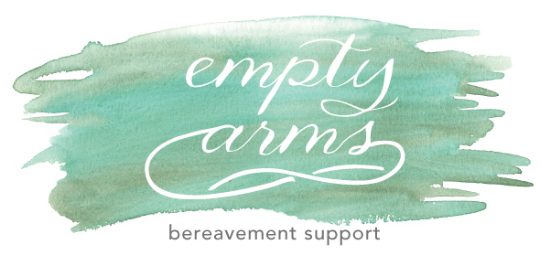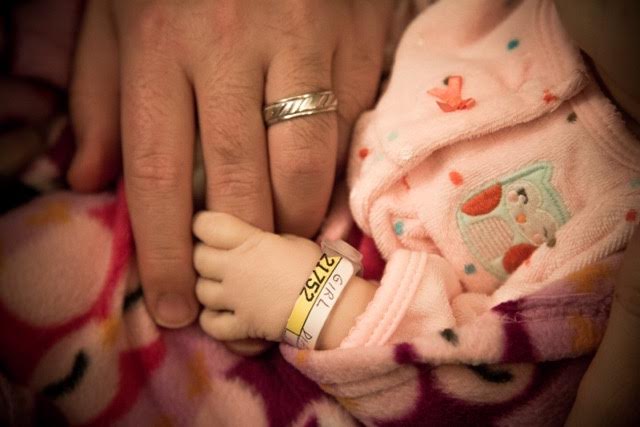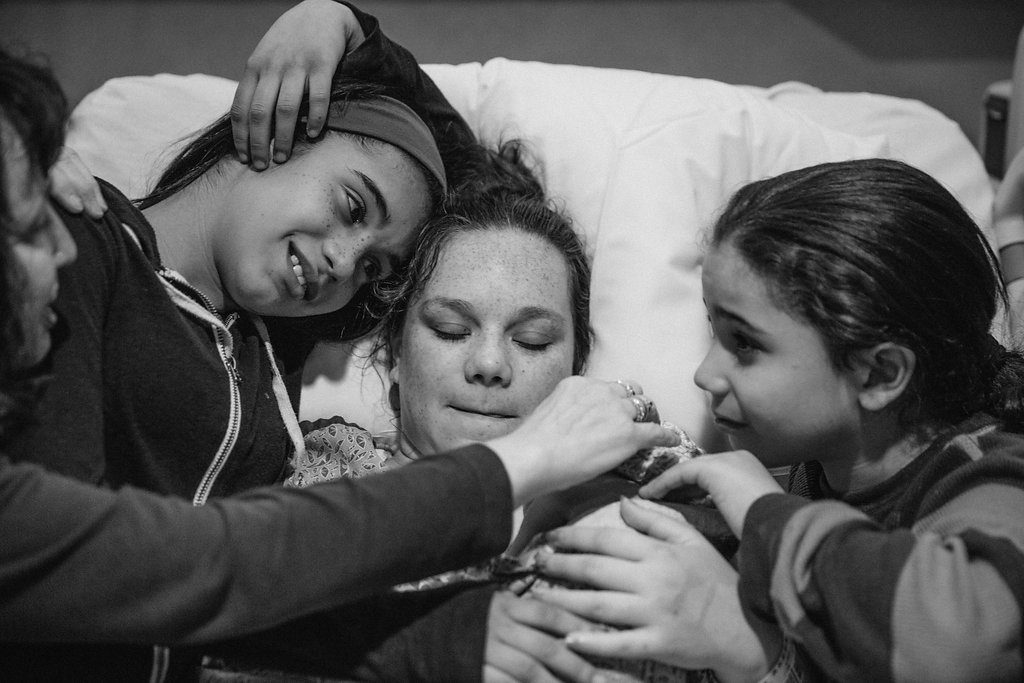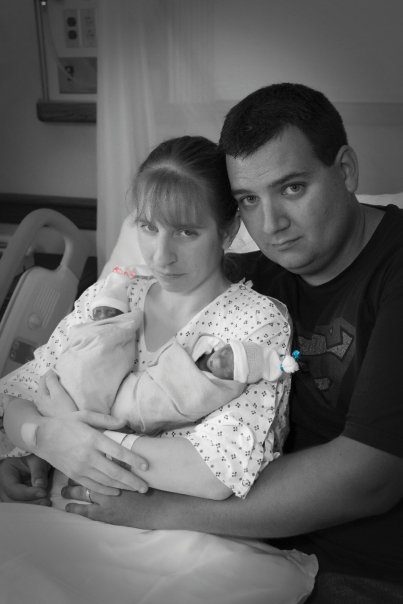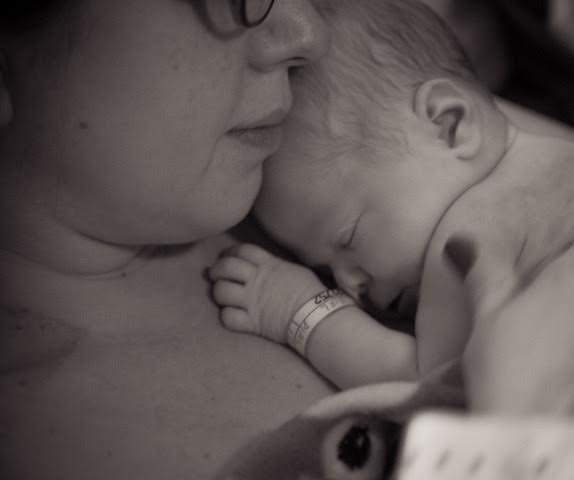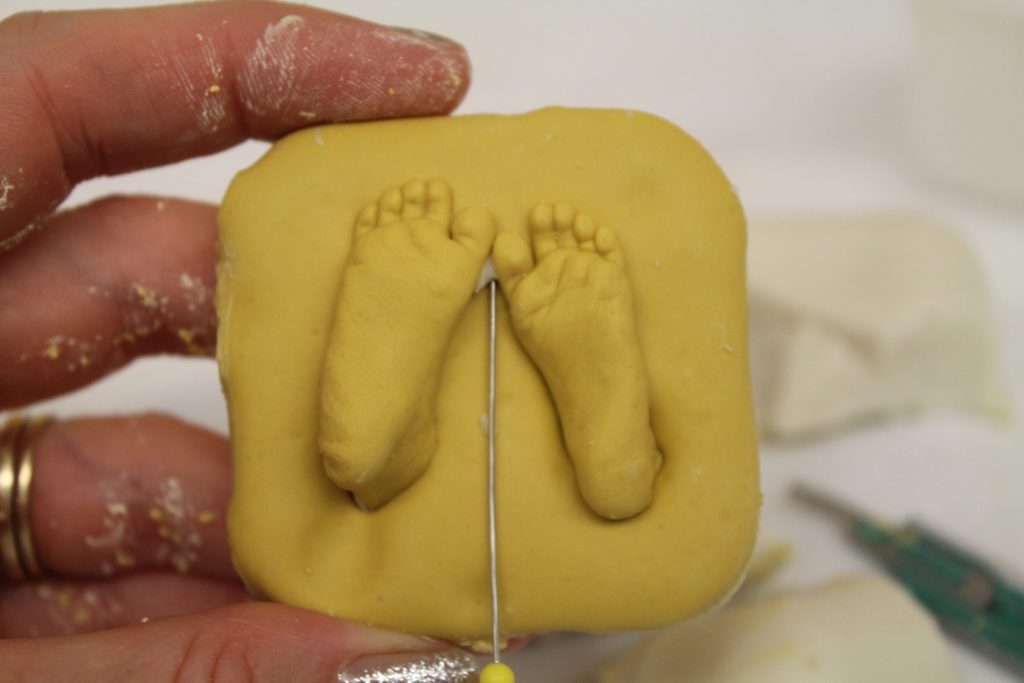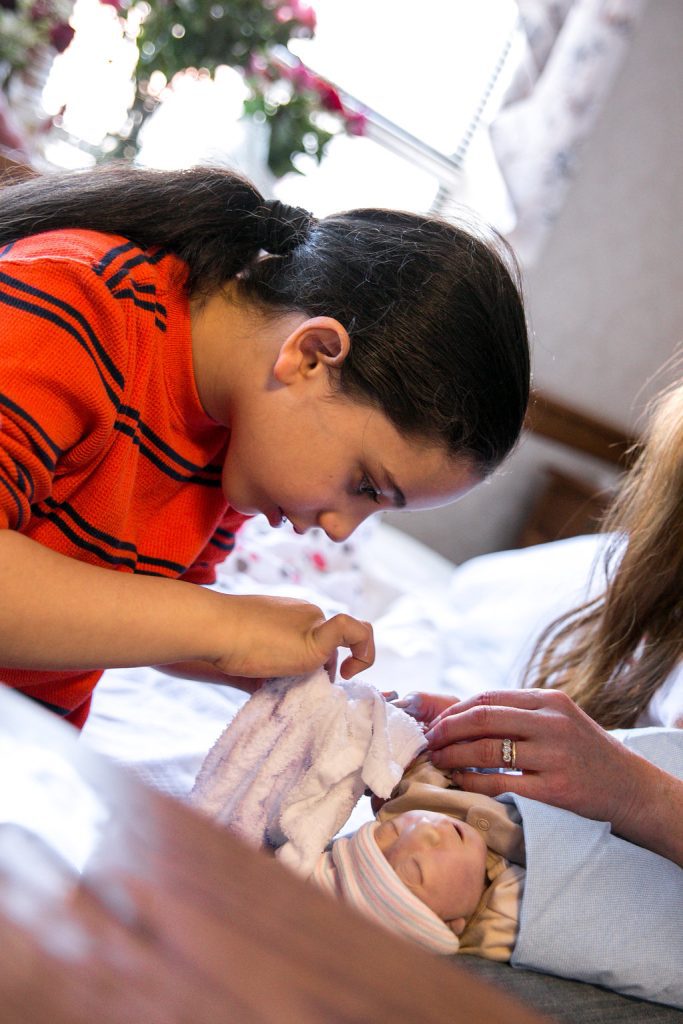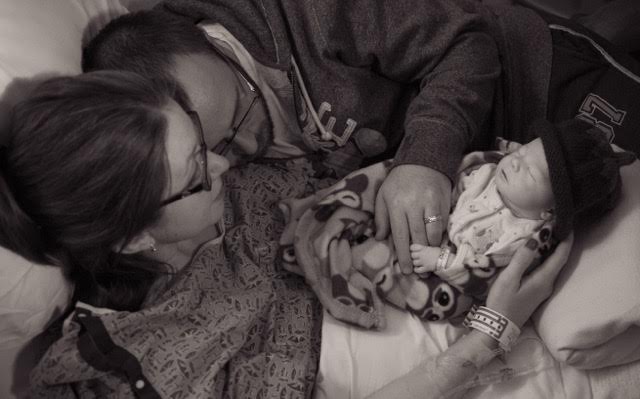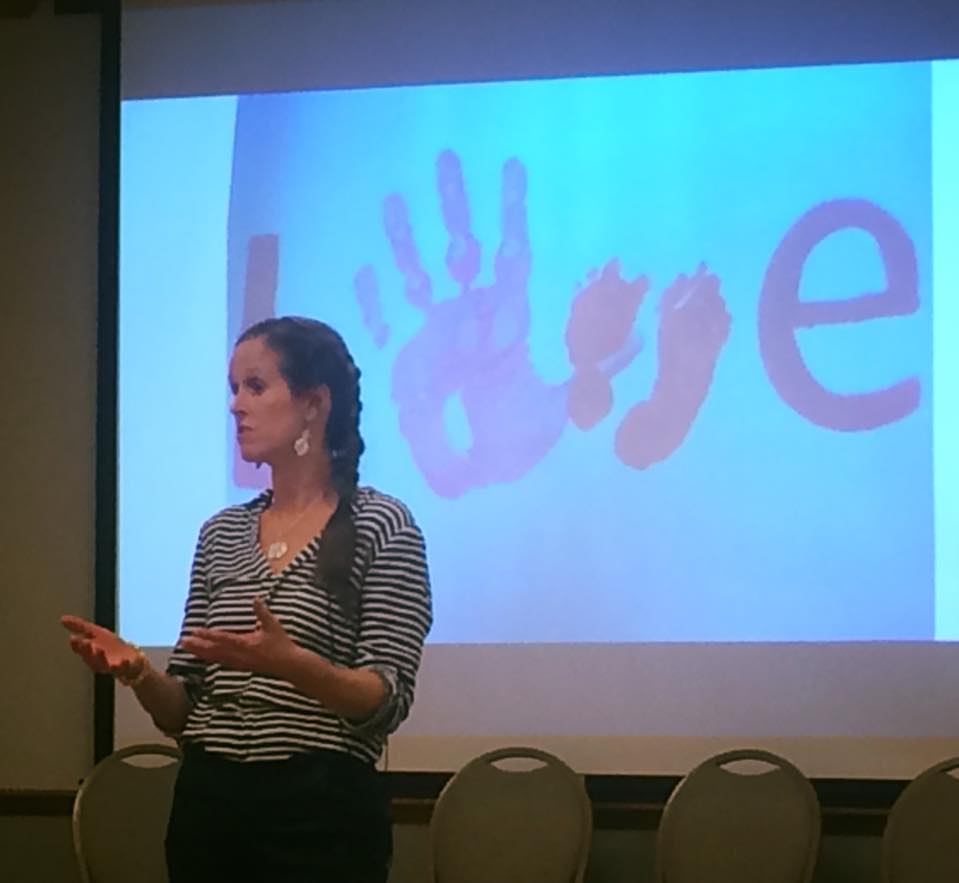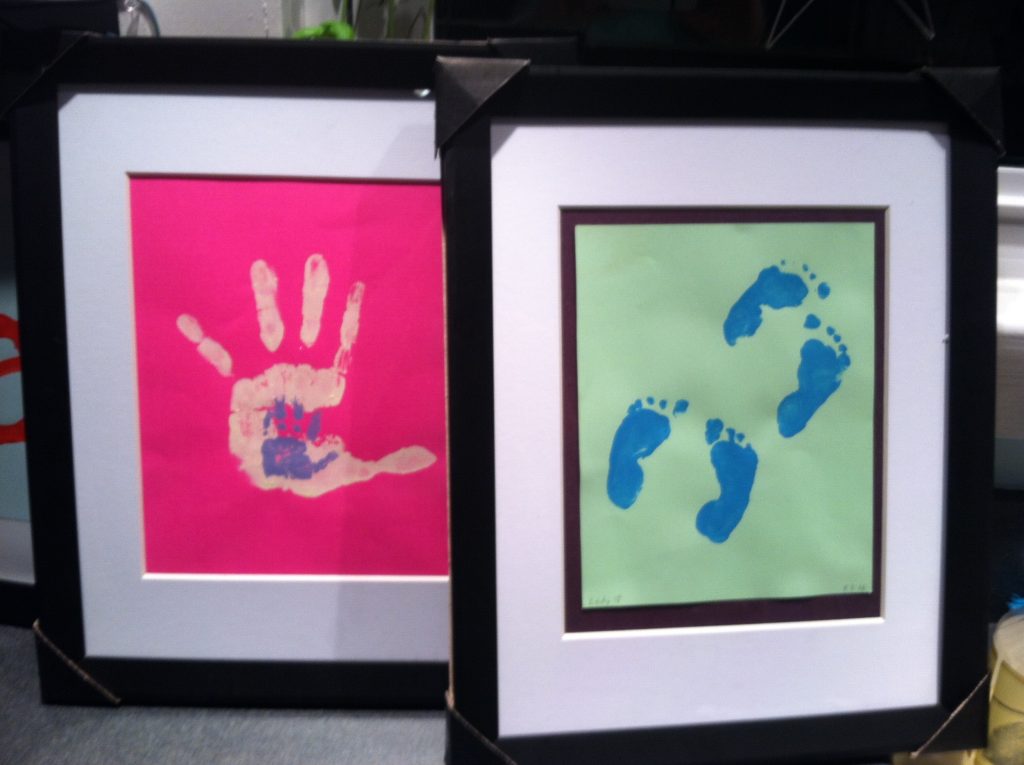Our Mission
Our Values & Beliefs
Every person whose baby dies is deserving of thoughtful, compassionate, curated support. There are no exceptions.
Every person is a complex blend of their own personal history, family background and family structure, their support systems, their faith and belief systems, their racial and ethnic identities, and more. We all have strengths, we each have unique challenges, and some of us have privileges. All of these things influence our grief process, and each grieving person is honored in their individual process as part of the Empty Arms community.
Silencing grief only prolongs suffering. Each grieving individual will learn what expression of grief, and sharing of their personal history, helps them to heal. We invite our community to always speak their truth, and to know that within the Empty Arms community they will always be met with compassion and without judgment.
Every parent deserves to follow their own path to ease their suffering in the wake of their baby’s death. We encourage parents to find their voices, to exercise their free will, and to claim what works to ease their own suffering. No one else should tell a parent how to do grief, yet in a community of grievers we learn so much from hearing one another. We value equally the individual and also the collective experiences of grief.
We recognize that not everyone views their pregnancy as a baby, and yet, pregnancy loss can still bring deep grief, anger, confusion, disbelief and more. We acknowledge the complicated feelings that can arise for any pregnancy loss. Every parent deserves to follow their own path to ease their suffering in the wake of their baby’s death or pregnancy loss.
Our Vision:
Every bereaved parent in Western Massachusettsgets the help they need.
Sometimes that means they benefit from bedside support at the time of loss through our companion program, sometimes that means that they will attend one or more support groups, and sometimes that means they will connect with other parents through online or phone support. It means that all parents who are open to counseling are networked with a trusted therapist, and that someone is available to help them to book appointments if they are too overwhelmed to pick up the phone. It means there is somewhere to call if a newly bereaved family needs help to order the flowers for their baby's funeral because they can't bear to do it themselves. Whatever parents need, we seek to work cooperatively, as a community, to try to make it happen, because we know how hard this experience can be. We rely on the referrals of the health care professionals we work with to make sure that bereaved families are networked with us in a timely fashion so that we can be there when needed. professionals who care for bereaved parents have the resources they need to do their jobs well.
We are blessed to have so many loving, devoted care providers here in Western Massachusetts-- from midwives, to nurses, to doctors, to doulas, to therapists. Through our professional trainings and peer companion program we seek to ensure that these people, who are often the first source of contact for families, feel confident in the work they are doing and have thoughtful, compassionate, professional training in how and why we offer the things that we do to parents whose babies die. We are striving towards a system in which all providers offer the same, consistently high level of care to every parent whose baby dies.
The family and friends of bereaved parents can access grief education so they can be good sources of support.
We know that when someone suffers the loss of a baby, their existing support system often isn’t sure what to do to help. Almost all parents who themselves lose a baby recognize how difficult it is to know what it feels like when you haven't been through it. We honor that support people may be going through many difficult emotions themselves after a baby dies, but that most also want to be the best possible source of support for the parents whose baby has died. We strive to provide resources that will help family, friends, and colleagues to become more knowledgeable about what grief can be like and therefore become more capable support people to walk beside bereaved parents.
Our story begins with one baby and one family, and it continues to grow. In May of 2003, my first child, Charlotte Amelia, died in the early stages of labor from a compressed umbilical cord. In the months that followed, I could not conceive of a time in my future where I would not be literally crippled by grief. Multiplying the shock and anguish of Charlotte's death was the suffocating feeling that I would never be able to recover from such a substantial loss. How could her death ever become less sad over time?
A telephone connection with a friend-of-a-friend was my only evidence that I might survive this loss. During those long days, I longed to know real people who had walked the road I was on. I knew they were out there, but I didn't know how to find them. I mourned the lack of bereavement resources in my community, and even in those early months of my grief I daydreamed of ways to bring people together around their losses.
Several years later, I approached Cooley Dickinson Hospital with an idea. I wanted to form a support group there, but I wanted it to be more than just a monthly meeting. I wanted to create access for families, so they would have a constant resource at their fingertips. Fortunately, the hospital received my ideas enthusiastically, and I was able to begin our program in May of 2007. We began as one support group and a willingness to be "on call" at Cooley’s childbirth center. I received peer counselor training through Share, Inc., a national organization supporting families through pregnancy and infant loss, and group facilitator training through MotherWoman. In the years that have followed, Empty Arms has grown to offer a variety of meetings and resources so that we can offer bereaved families the type of support that works best for them at the time that they need it the most. In the spring of 2011, with the blessing of CDH, we established ourselves as an independent non-profit. This has allowed us to branch out more completely to other area hospitals to touch as many lives as we can.
Currently, we are well-connected with all the birth and prenatal care centers in Western Massachusetts . It's our goal to be sure that each family, regardless of the gestation or age of their baby, receives support resources at the time of loss. We provide materials to be handed out in offices, and we have successfully implemented our Companion Program in all four birth centers. We have offered dozens of professional trainings that have been well attended by providers from all over the Valley and beyond. We feel confident that our work is positively affecting the quality of care that families receive at the time of their loss.
We now host up to a dozen monthly meetings on the Zoom platform, and as the COVID-19 crisis evolves we hope to someday re-integrate in-person meetings in our Florence office, and to re-introduce our bilingual meetings in Springfield. We offer peer support over the phone and email, and we host several private Facebook groups for members to interface about daily life. We keep a list of therapists in this region who are experienced and committed to providing compassionate care to the bereaved. Our special events and memorials provide other ways that bereaved families can socialize with each other. All along the way, we seek to provide each family with whatever resource will best help them at a particular time in their grief journey. We are grateful to be able to offer all of these resources to bereaved parents as well as their friends and families so that they really do feel that they have a place to turn.
Running Empty Arms has become my passion. It is the way I mother my daughter Charlotte and I believe that this organization fulfills a vital need in our community. Because of Empty Arms, almost everyone we serve ends up with a true friend who has shared their experience of loss. If you have experienced a loss and would like more information about groups and resources, or if you simply need to reach out for support, please call us at 413-570.0811 or contact us. That's why we're here.
